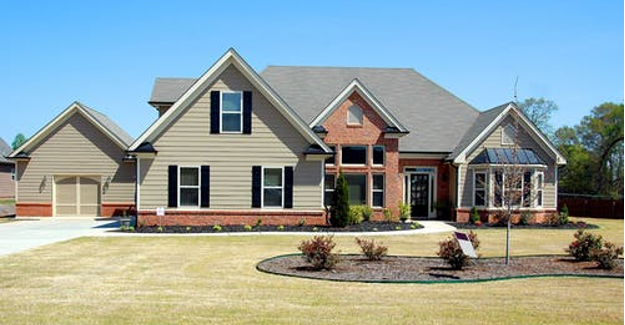Tips for Finding an Accessible Home for Your Family
Finding the perfect place to live can be difficult. The house or apartment has to be within your budget while being the ideal size and in the right location.
If you or your family member has a disability, you may have to consider additional factors. You want to ensure everyone has the resources they need to live comfortably.
Here are some practical tips for finding an accessible home for your family.
1. Know Your Rights
You should know your rights when it comes to renting an apartment or house.
It is illegal for a landlord to discriminate against renters based on their disability. By law, all tenants have the right to housing.
For the most part, landlords are aware of this law and abide by it. However, knowing your rights will make the process of finding a home easier.
Landlords Must Reasonably Accommodate Tenants with Disabilities
The law also requires landlords to reasonably accommodate tenants with disabilities.
These accommodations must be at the expense of the tenant. For instance, they may provide a person who uses a wheelchair with an appropriate parking spot. Or, they could allow a seeing-eye dog to live in a building where there is a no-animal policy.
Landlords cannot ask about your disability during the application process. However, they may ask for documentation if you need accommodations. Have papers like your official service dog registration readily available. This will make the process go much smoother.
Accommodations at the Expense of the Tenant
Landlords do not have to make major, expensive accommodations for your unit. However, they must allow you to do so at your expense.
You can make modifications as long as they make your space more accessible and comfortable. The limitations are as follows:
- Landlords don’t have to permit major structural modifications.
- If the modification would be unacceptable to future renters, you must undo it before you move out.
2. Set a Budget
When looking for a home, you aren’t just looking for accessibility. You need a property big enough for your family that has the layout you want.
Chances are, you aren’t going to find the home that has it all.
This is why it’s crucial to set a budget. You should have enough money set aside to make any necessary modifications. This will ensure you have the home you want while making it accessible.
3. Determine What Factors to Look For
Everyone’s needs are different. You will have to closely examine your situation and determine what you need. Some things to consider include:
- Are there stairs that would cause issues moving around the home? Would you be able to install a stairlift?
- Is there a ramp to the door if it’s on a platform?
- Are the doorways wide enough for wheelchairs or other special equipment?
Again, these are just a few things you’ll want to keep in mind. Understand what you or your family member needs to find the right place.
4. Consider Location
Don’t neglect location when it comes to finding the right home. Your home should be close to the resources you or your family member needs. Are you close by your doctor’s or therapist’s office? Are there activities you can participate in nearby?
5. Shop Specifically for Accessible Homes
Homes that are already accessible are hard to come by. Buying or renting one previously owned by a person with a disability is ideal. You will hardly have to make any accommodations.
You can also use websites that specifically market accessible homes. This will make it easier to find exactly what you are looking for.




